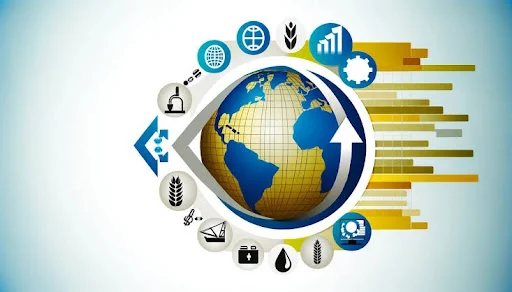1. **Encourage a Robust Supply Response**: Implement policy reforms that increase productivity, rationalize farm subsidies, and facilitate trade to encourage greater supply in response to higher prices.
2. **Invest in the Energy Transition**: The energy transition is reshaping commodity markets. Investing in renewable energy and the necessary supply chains can help address volatility and supply imbalances¹.
3. **Adopt Digital Technologies**: Utilize blockchain, artificial intelligence, and the Internet of Things to increase transparency in the commodity supply chain, enabling better-informed investment decisions⁶.
4. **Diversify and Innovate**: Reduce reliance on specific commodities by re-specifying designs, improving production processes, and promoting innovation⁵.
5. **Regulatory Evolution**: Adapt to evolving regulations, such as those requiring the use of green hydrogen in refineries or sustainable aviation fuels, to create new market opportunities
Energy Commodities:
Brent Crude Oil is trading at $90.60, marking a 0.96% increase.
WTI Crude Oil has seen a rise to $85.89, a 1.02% increase1.
Natural Gas prices have slightly decreased to $1.76, down by 0.06%.
Metals:
Palladium is priced at $1,061.00, up by 1.95%1.
Platinum has increased to $1,000.20, a 1.23% gain.
COMEX Gold has risen to $2,369.30, showing a 0.62% increase.
Copper is at $4.26, with a slight increase of 0.16%1.
Agriculture:
Cocoa has seen a significant jump to 8,978.00 GBP, a 4.76% increase.
Soybean Meal is trading at $343.00, up by 2.21%1.
Coffee (Robusta) has increased to $3,902.00, a 1.54% rise
Corn prices are at 434.50 USc, marking a 1.34% increase.
These figures reflect the latest available data and are subject to change as the market continues to fluctuate. For more detailed analysis, you might want to look at specific market reports or financial news updates.











0 Comments